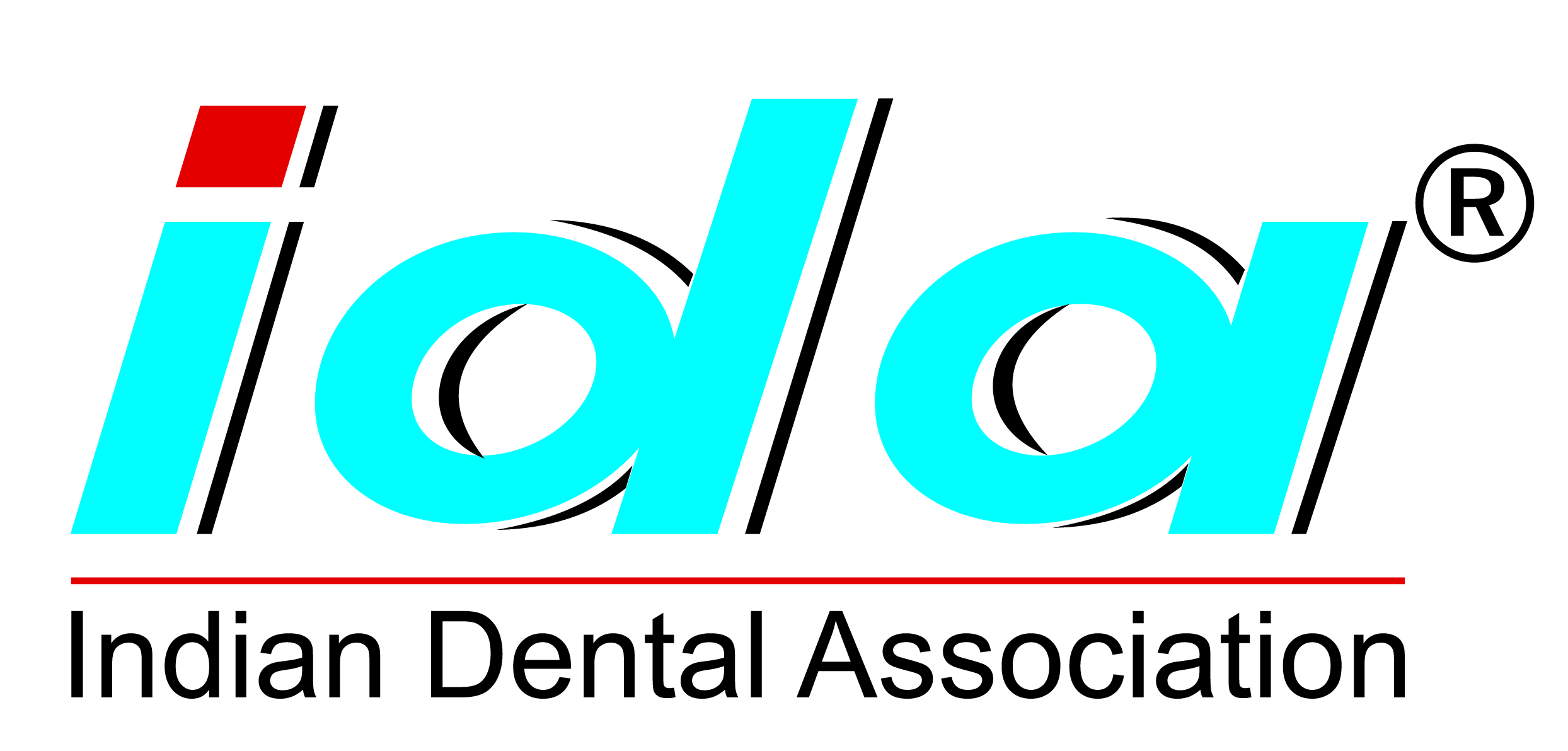Acupuncture is not going to replace the drill, but it certainly has quite a lot
to offer in dentistry.
Conditions that your dentist might treat with acupuncture are the following:
- TMJ (jaw joint) pain
- TMJ Clicking & locking
- Facial Pain
- Muscle spasm
- Chronic Stress Headache
- Migraine
- Trigeminal & other Neuralgias
- Rhinitis & sinusitis
- Prominent stretch reflex
- Dental anxiety
- Xerostomia (Dry mouth problems)
- Altered sensations in the mouth
- Post operative pain
You may know that acupuncture uses fine needles. Typically these are inserted through
the skin and gently stimulated by hand or sometimes with a gentle electrical current
from a torch battery. The treatment doesn’t generally take very long, often uses
about half a dozen needles (this varies on the patient), and is not usually painful,
although there may be some discomfort. Your dentist may do some other dental treatment
whilst the acupuncture works. Sometimes the position of the needles can seem strange,
but there are specific patterns for treatments.
Modern research has shown that acupuncture can work on most of the body’s systems.
The needles stimulate the nervous system, to produce a number of effects, modifying
the way pain signals are felt, and releasing natural painkillers– endorphin and
serotonin in the nervous system. But acupuncture does more than just control pain,
it has a generally beneficial effect on health, and many patients feel better in
general, and sleep better following a treatment.
Treatments may begin with weekly sessions, with further visits as prescribed by
your dentist. About half a dozen treatments is a common prescription.
We can show by experiment that acupuncture works, and that the results are not due
to the placebo effect.
People will respond to acupuncture in their own way. Some patients notice an immediate
improvement; some find that several treatments are needed before the full effect
is felt. There are some that do not respond to this type of treatment. Generally
about 70% of patients show some benefits
Many patients feel a little tired after a treatment. Occasionally the acupuncture
sites may feel slightly bruised for 24 hours or so. It is not uncommon for patients
to notice other changes, for example their back pain improves, or other aches change
and become more obvious as the major problem is treated and improves. If you have
any worries please ask your dentist.





